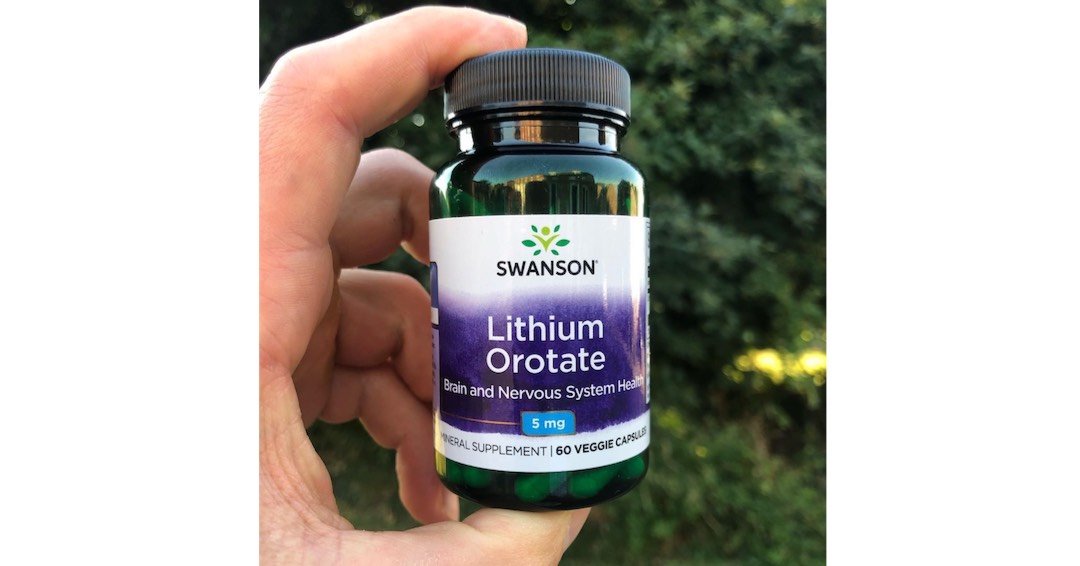Lithium is classified as an essential micronutrient, which means that all humans require it in small doses for good health [1].
This comes as a surprise to most people. Some scientists think that lithium is an unfairly overlooked nutrient, mostly because it is associated with high-dose prescription formulations for bipolar disorder. At high doses, lithium can cause a long list of side effects [1].
We humans have adapted to getting trace amounts of lithium from food and water, and it seems that getting a bit more might make people more friendly and peaceful. Popular blogs claim that lithium has a number of benefits unrelated to its use as a high-dose pharmaceutical. But what does the science say?
Despite the hype, there is insufficient evidence to determine the effectiveness of lower lithium doses. However, early research shows some promise.
Basic biology suggests that many enzymes, hormones, vitamins, and growth factors require lithium to work. Lithium also appears to support the immune and nervous systems. Scientists are investigating whether it promotes the regeneration of cells. Some suspect that it might even increase telomeres and prolong lifespan, but this hypothesis remains unproven [2].
Lithium Orotate
The modern boom of lithium supplements started with lithium orotate.
Lithium orotate is poorly researched and its safety has not been determined.
Additionally, lithium orotate supplements have not been approved by the FDA for medical use. Supplements generally lack solid clinical research. Regulations set manufacturing standards for them but don’t guarantee that they’re safe or effective. Speak with your doctor before supplementing.
Availability in the Brain
Some early low-quality studies on lithium orotate suggested that this form of lithium may be better at penetrating the blood-brain barrier, theoretically allowing it to reach higher levels in the brain. This has never been proven in clinical trials [3, 4].
Many studies have challenged these claims about lithium orotate. All in all, we’re still in serious need of clinical research about lithium orotate to get answers about its safety and effectiveness. For now, its use is not backed up by science [5, 6].
Other Lithium Salts
Some supplements contain lithium citrate or aspartate salts. Lithium carbonate is typically used at high doses and requires a doctor’s prescription and careful monitoring of blood lithium levels.
What makes so-called “supplemental” lithium different mostly comes down to dosage. Lithium supplements are used in much lower doses than prescription lithium.
In this post, we’ll focus on lithium orotate and the purported benefits of low-dose lithium in general, but we’ll still go over the main uses of high-dose, prescription lithium (lithium carbonate).
How is Low-Dose Lithium Different from Prescription Lithium?
The most important distinction between lithium orotate and lithium carbonate (the prescription form of lithium) is their dosage differences.
Lithium orotate contains about 4-5 mg of actual or elemental lithium per 100 mg dose [7].
This is in contrast to lithium carbonate, which contains about 19 mg of elemental lithium per 100 mg [7].
